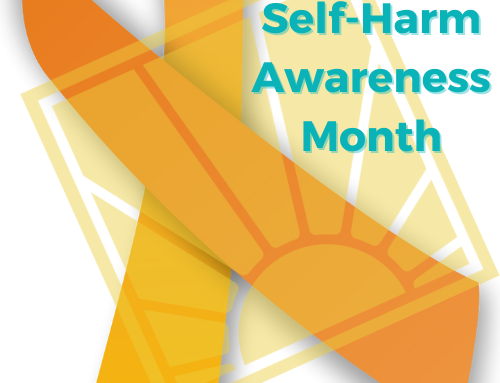To find out about effective treatment options for enmeshed families, we asked David Prior, LMFT. Prior is the executive director of Sunrise RTC, a treatment program for adolescent girls known for its effective work with enmeshed family relationships. In this second of two installments, Prior discusses treatment options for enmeshment.
Q: How can an enmeshed relationship heal? What is the goal in treating enmeshment?
A: The goal in treating enmeshment is to create emotional differentiation. It is a lot like untangling a ball of yarn made up of two or more pieces of yarn. You want the individuals to connect with each other but in a manner that does not inhibit them from thriving individually and in other relationships. It involves coaching enmeshed systems or individuals to back away from each other when they start to solve each others problems.
Q: Does this kind of treatment involve actually practicing skills?
A: Absolutely. It involves practicing to allow other family members to sit with their own emotions while communicating to them that you’re okay with them feeling the emotion and that they’ll be fine. It involves confident emotional modeling to each other in the enmeshed relationship.
Q: What does an effective family therapist do to unlock patterns of enmeshment?
A: There is a strong emphasis on making the covert overt, or in other words, pointing out enmeshment patterns that go unnoticed to the individuals involved. It involves the therapist being someone who is calm and comfortable in the midst of high levels of anxiety because the therapist will need to model calmness and confidence with the individuals as they sit in their own anxieties trying to work out of the enmeshment.
Q: Can family members transform enmeshed relational tendencies into something positive?
A: There are absolutely a couple of traits that are common within enmeshed relationships that can be harnessed to create healthy relationships. Two such traits are nurturing concern and relational motivation. The trait of nurturing concern is a terrific human quality that can be used and directed to help others feel appreciated and connected while they grow independently. In fact, the correct use of nurturing concern can facilitate independence and growth. Relational motivation is another great human quality.
Q: How can families view their journey through enmeshment as one of hope instead of one of failure?
A: When we are motivated to be involved in relationships we’re being driven to something that creates some of the most joy and peace in life: connectedness. Most of us want to connect and most of us want to be accepted by others. We just need to channel our efforts to meet these needs in a healthy direction. That’s what we aim for with enmeshed relationships at Sunrise, to redirect relational energy in a direction that will bring out the most peace, connection, and growth possible.
DAVE PRIOR MAY BE REACHED AT [email protected]; VISIT SUNRISE RTC AT WWW.SUNRISERTC.COM


